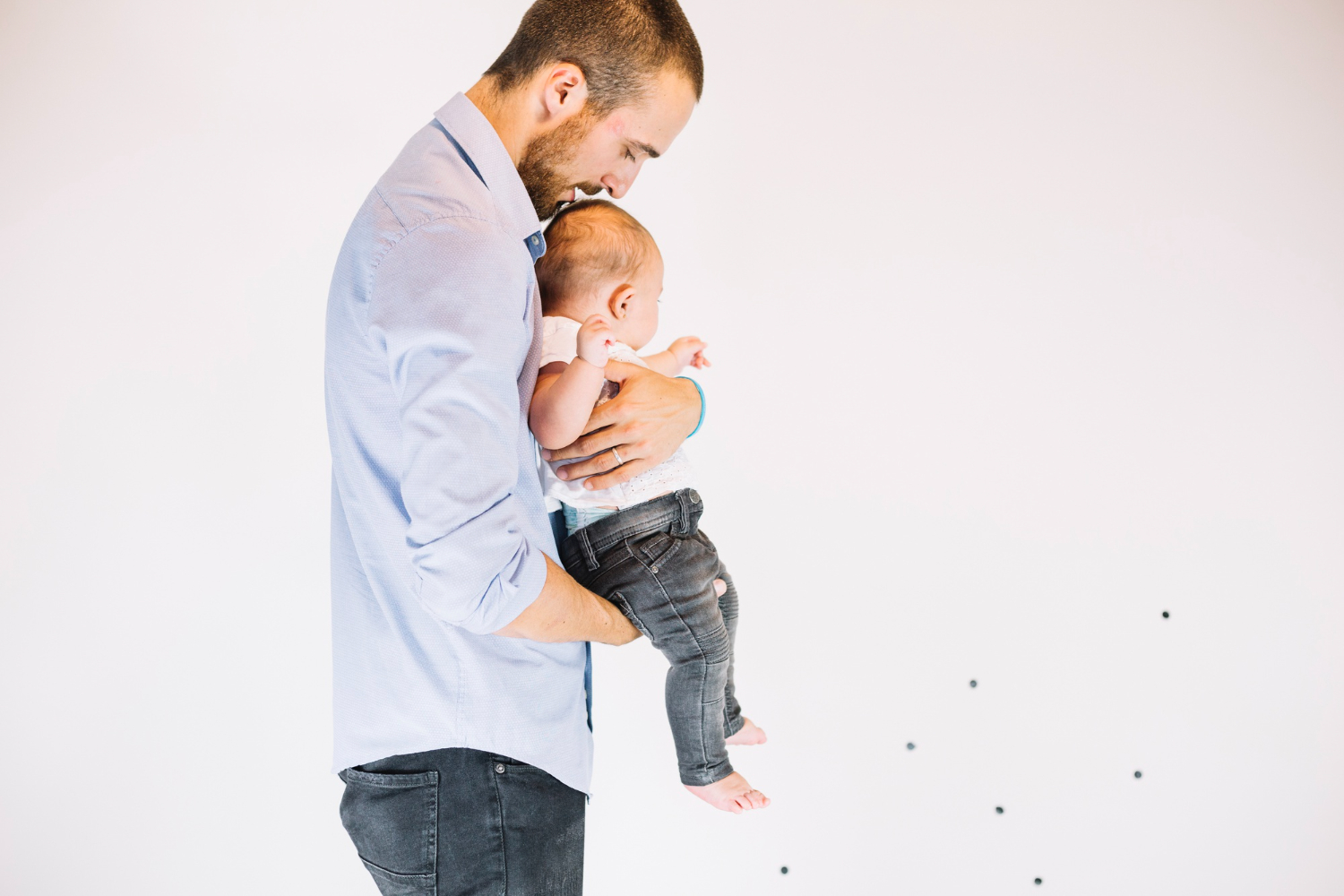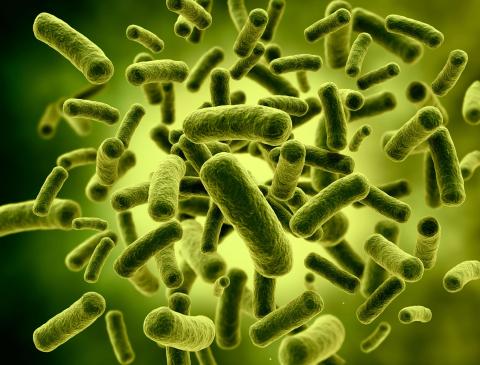The father contributes to the baby's microbiota as much as the mother after one year of life
After the first year of life, the father's contribution to his baby's microbiota is comparable to the mother's contribution, whether born vaginally or by caesarean section, says a study published in Cell Host & Microbe. In addition, faecal microbiome transplants from the mother to her baby can restore the microbiome in the case of caesarean birth, says the study, which included 74 babies and involved Spanish participants.

Toni Gabaldón - microbiota padre EN
Toni Gabaldón
ICREA research professor and head of the Comparative Genomics group at the Institute for Research in Biomedicine (IRB Barcelona) and the Barcelona Supercomputing Center (BSC-CNS).
I find that the study is of very good quality and uses data and tools appropriate to the questions asked. The sample size is still small, but access to longitudinal data from the same individuals allows some of the variability to be reduced. Although colonisation of the microbiota in newborns, and the possible effect of different modes of delivery or feeding have been studied previously, most studies use a 16S gene sequencing approach that does not allow direct tracing of the origin of colonising strains. Here we use a shotgun sequencing technique on parents and offspring, which allows us to know who has been the donor of at least part of the colonising strains. This study looks at previously unexplored variables, such as the contribution of the father or the efficacy of the use of faecal transplantation from the mother to the newborn.
The results yield interesting results, such as a relevant role of fathers that is later and initially more modest than that of mothers, but which becomes quantitatively equal when the child is one year old. It is observed that mother and father contribute different species to the infant's microbiota and could therefore be complementary. Perhaps expectedly, the use of antibiotics before or during birth has a clear impact on the infant microbiota, but it does reduce the abundance of pathogens. Similarly, faecal transplantation also reduces the presence of opportunistic pathogenic species. However, in caesarean deliveries it does not restore a microbiota similar to that of a vaginal delivery, but a different one, species-rich and pathogen-poor, but different.
Given the limited sample size, the observations should be corroborated in other studies, but they point to possible ways of restoring a natural microbiota in non-vaginal deliveries and call for the need to study the effect of the use of different antibiotics during delivery, which was used in all caesarean deliveries in this study, but also in almost half of the vaginal deliveries. The role of parents in establishing the microbiota of infants is not surprising, but raises questions about the health implications. It would also be interesting to study cases with other family configurations, such as single-parent or same-parent families.
Rosa del Campo - microbiota padre EN
Rosa del Campo
Researcher at the Ramón y Cajal Hospital and member of the Specialised Group for the Study of the Human Microbiota of the Spanish Society of Infectious Diseases and Clinical Microbiology (SEIMC-GEMBIOTA)
Traditionally, mothers have been attributed the role of inoculating babies, either through the vaginal microbiota during childbirth, or through skin contact during breastfeeding, or through milk containing bacteria from the mother's intestine. It is a very good contribution to study the influence of the paternal microbiota, although it was known that family members also condition the final microbiota of the child, this is the first time that the influence of the father has been revealed. To a certain extent, this makes both parents equally responsible for providing the child with good bacteria.
Léonard Dubois et al.
- Research article
- Peer reviewed


